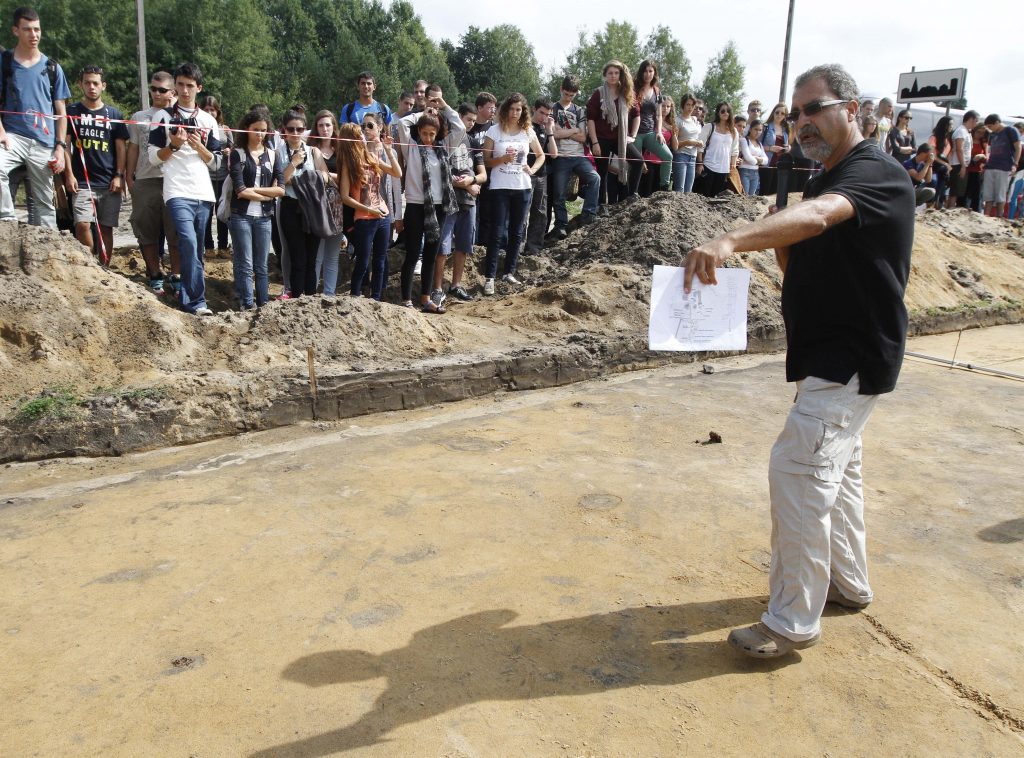Archaeology and Colonialism
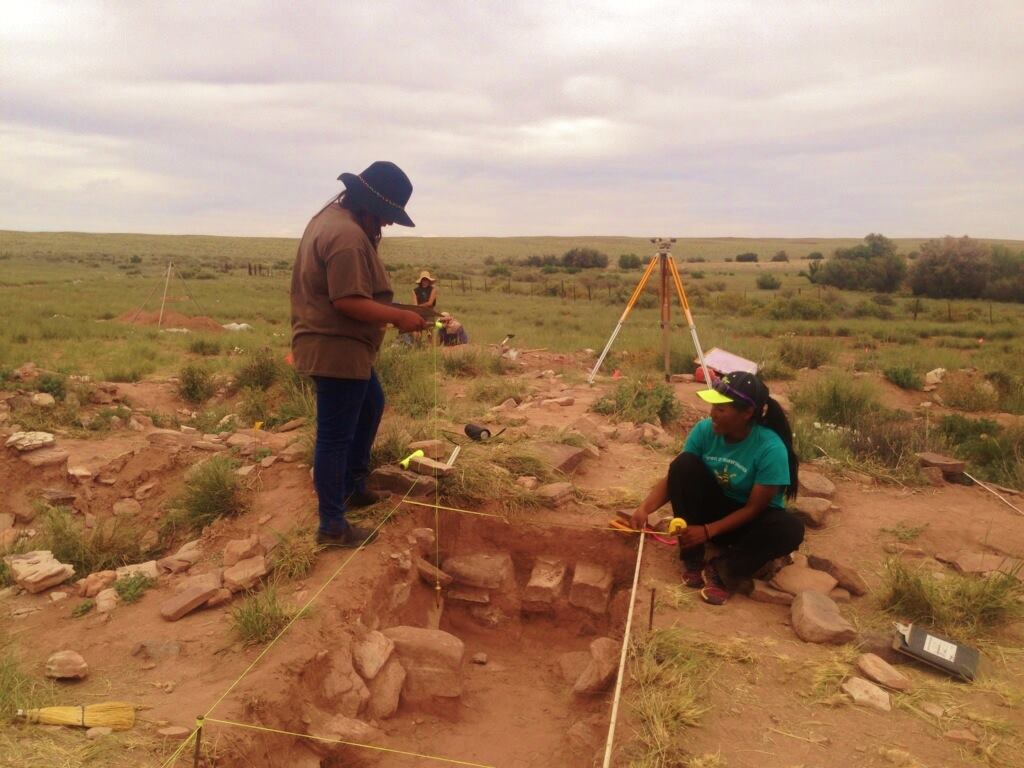
Colonial perspectives about hierarchies of human worth and worldviews shaped the creation of anthropology, and modern archaeologists are grappling with this legacy. This unit encourages students to explore the impacts of colonialism on the discipline and consider how archaeologists are taking steps to decolonize their methods and theories.
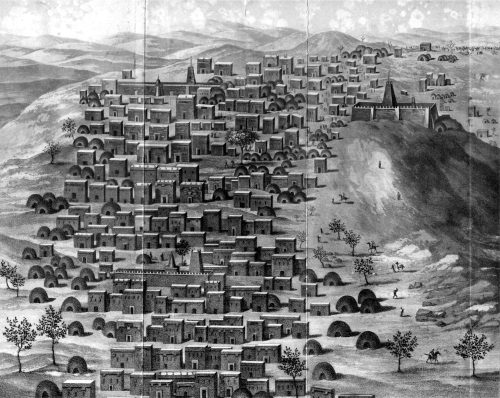
Digging Into the Myth of Timbuktu
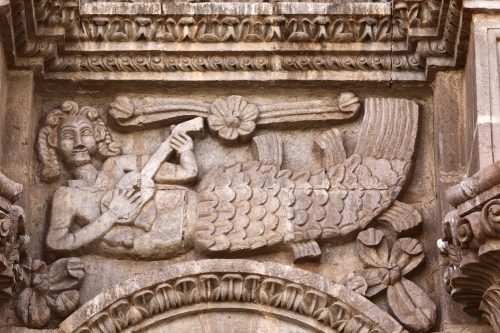
The Revolutionary Power of Andean Folk Tales

The International Order Is Failing to Protect Palestinian Cultural Heritage
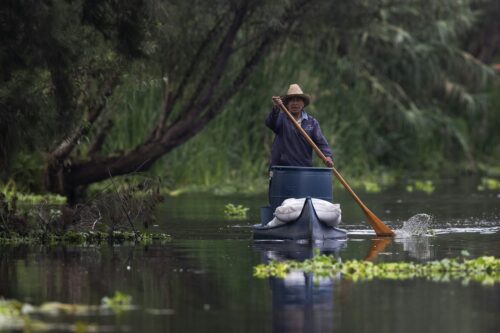
Cultivating Modern Farms Using Ancient Lessons
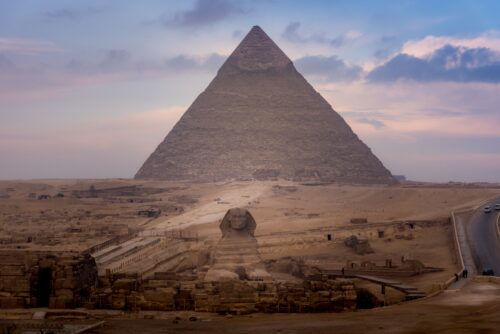
Why I Talked to Pseudoarchaeologist Graham Hancock on Joe Rogan
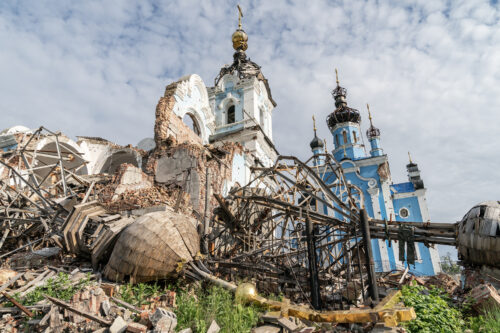
Spotlighting War’s Cultural Destruction in Ukraine
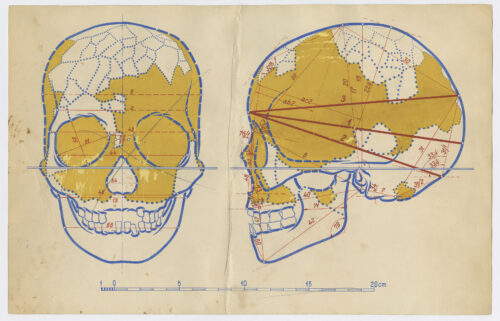
Learning From Snapshots of Lost Fossils
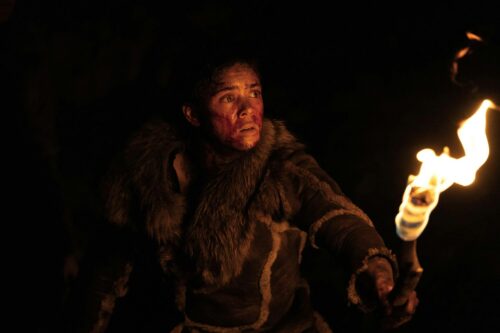
How Accurate Is the Stone Age Thriller Out of Darkness?

How Israeli Prisons Terrorize Palestinians—Inside and Outside Their Walls

The Viral Atrocities Posted by Israeli Soldiers
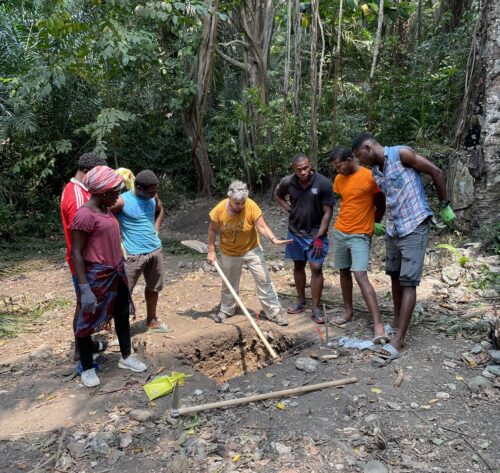
Unearthing the Origins of Plantation Slavery on São Tomé

Infant, Name Once Known
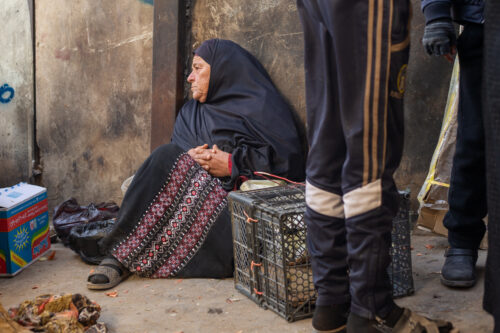
Living as Stateless Palestinians in Jordan

Strange Future
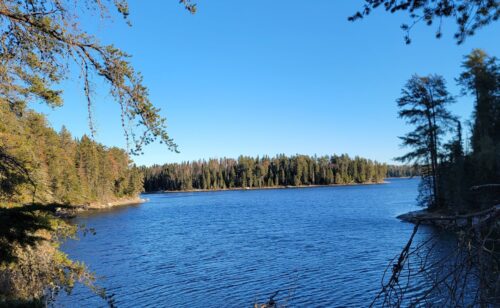
On the Tracks to Translating Indigenous Knowledge
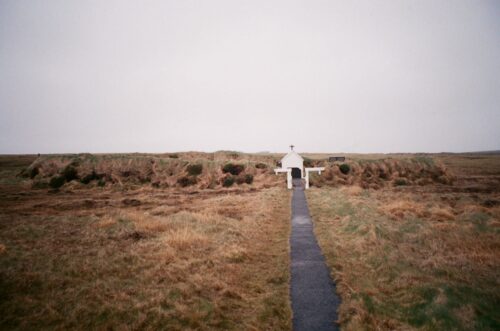
Buried in the Shadows, Ireland’s Unconsecrated Dead

Nameless Woman

A Palestinian Family’s History—Told Through Olive Trees

The Visit
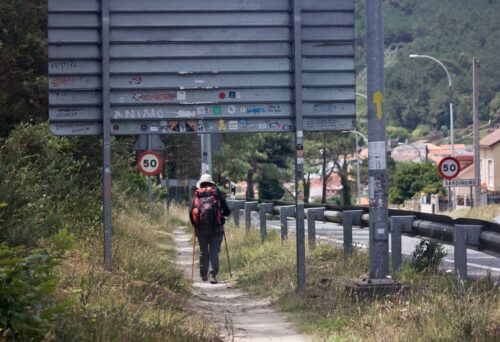
Conflicting Times on the Camino de Santiago

On the Tracks to Translating Indigenous Knowledge

Infant, Name Once Known
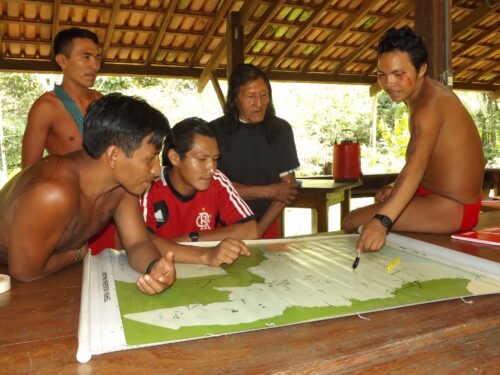
Finding Footprints Laid at the Dawn of Time
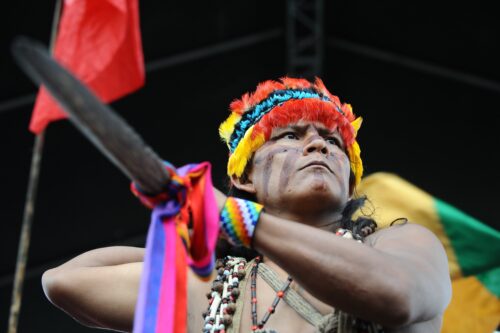
Reading the Future of an Amazonian Mine
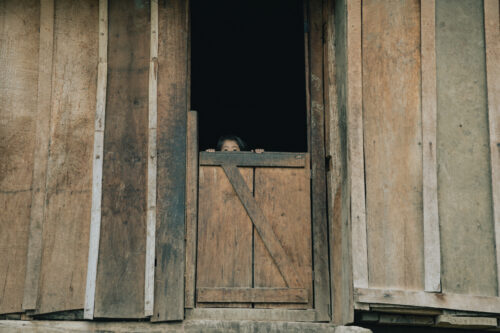
A Mausoleum of Our Everydays/Nai nsang negu herouki

What Is “Natural” for Human Sexual Relationships?

A Call for Anthropological Poems of Resistance, Refusal, and Wayfinding

Buried in the Shadows, Ireland’s Unconsecrated Dead

A Palestinian Family’s History—Told Through Olive Trees

Expert Witness Reviews Exhibits for Asylum Proceedings, Franco-González Class Member
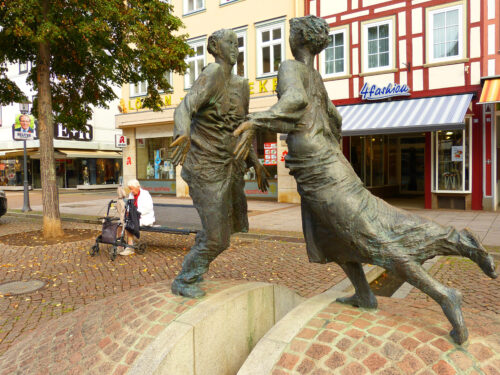
Dismantling the Walls in Our Heads

To Wear the Wind

For Families of Missing Loved Ones, Forensic Investigations Don’t Always Bring Closure
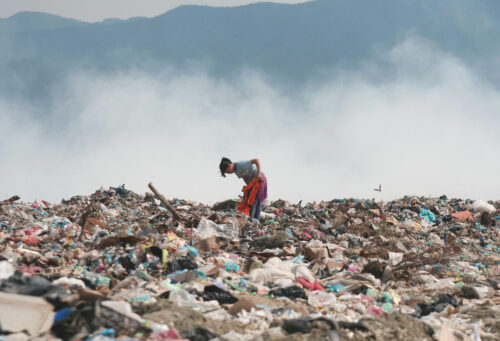
Albania’s Waste Collectors and the Fight for Dignity

Inside Russia’s Campaign to Steal and Indoctrinate Ukrainian Children

Cultivating Modern Farms Using Ancient Lessons

Imphal as a Pond

Spotlighting War’s Cultural Destruction in Ukraine

For Families of Missing Loved Ones, Forensic Investigations Don’t Always Bring Closure

Coastal Eden

Nameless Woman

The Visit

Imphal as a Pond
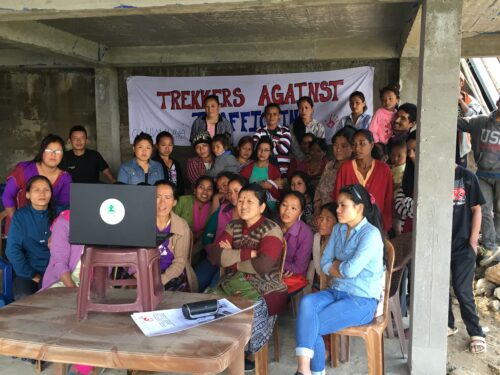
The Trauma Mantras
- Colonialism is a process in which a colonizing nation/state dominates another and exploits it economically for the benefit of the colonial power. This process can involve the imposition of the colonizing body’s social, political, religious, and/or linguistic traditions, and uses force to maintain power and control.
- European colonization (from the late 1400s to the 1900s; see this timeline via Vox) also instated systems of hetero-patriarchy, specific forms of classism, capitalism, and racism—all of which were used to subjugate colonized peoples.
- Archaeology was instrumental in legitimizing scientific racism through pseudoscientific practices such as skull measuring.
- It also helped create narratives about the inferiority of colonized groups based on their ancestors’ material culture. Many sacred objects and remains currently in museums were stolen from burial sites that were desecrated during the colonial period. These items and remains were often displayed in ways that were horribly inappropriate according to Indigenous traditions and ethics.
- Today archaeologists are challenging the colonial roots of their discipline in order to create better, more equitable practices.
- There are a growing number of people of color in archaeology who belong to ethnic and racial groups that were colonized, and who bring new perspectives and demands to this field of study.
-
Flewellen, Ayana Omilade. 2017. “Locating Marginalized Historical Narratives at Kingsley Plantation.” Historical Archaeology 51 (1): 71–87.
-
Panich, Lee. 2013. “Archaeologies of Persistence: Reconsidering the Legacies of Colonialism in Native North America.” American Antiquity 78 (1): 105–122.
-
Tuck, Eve, and K. Wayne Yang. 2012. “Decolonization Is Not a Metaphor.” Decolonization: Indigeneity, Education, & Society 1 (1): 1–40.
- What are some of the harmful practices you learned about in these readings? How can you tell that they are colonialist in nature?
- How do colonialist mentalities about the inferiority of colonized people impact the way archaeologists interpret their findings?
- Why is it important to decolonize archaeology?
- What do non-colonialist perspectives bring to this field of study? What can researchers see when they decolonize that they otherwise could not see? Use the content of the readings to support your argument.
- How does repatriation and working with communities that were historically harmed by anthropology fit into efforts to decolonize the field?
- Have students search the internet to find historical and current examples of colonialist archaeology in practice.
-
Article: Science’s “Caribbean Excavation Offers Intimate Look at the Lives of Enslaved Africans”
-
TEDx Talk: Nikki Sanchez’s “Decolonization Is for Everyone”
-
Video: Students on Ice Foundation’s “Decolonizing Archaeology”
Eshe Lewis (2020)
Public Archaeology
